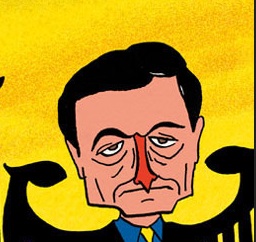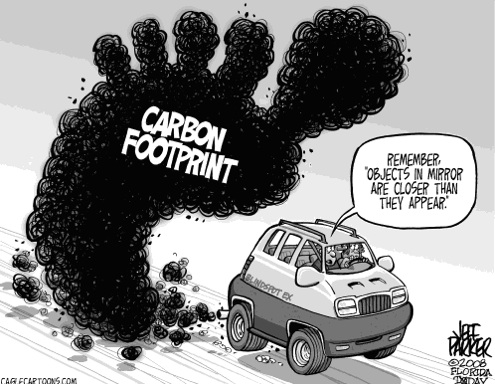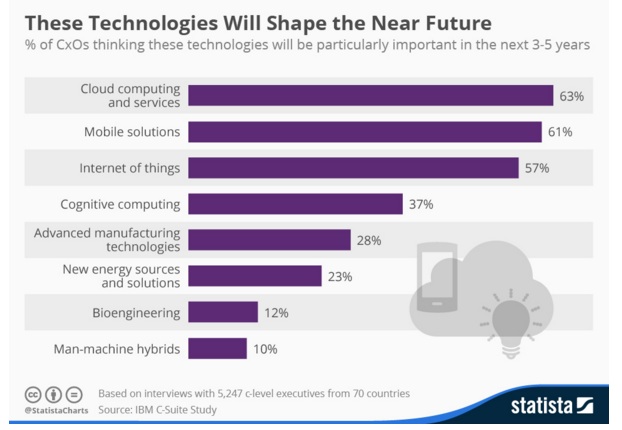The Rocky Road to Globalization
The capitals of the world’s two most populous nations, China and India, were blanketed in hazardous, choking smog on Monday as climate change talks began in Paris, where leaders of both countries are among the participants.
China’s capital Beijing maintained an “orange” pollution alert, the second-highest level, on Monday, closing highways, halting or suspending construction and prompting a warning to residents to stay indoors.
The choking pollution was caused by the “unfavorable weather.”
In New Delhi, the U.S. embassy’s monitoring station recorded an air quality index of 372, which puts air pollution levels well into “hazardous” territory. A thick smog blanketed the city and visibility was down to about 200 yards (metres). Air quality in the city of 16 million is usually bad in winter, when coal fires are lit by the poor to ward off the cold. Traffic fumes, too, are trapped over the city by a temperature inversion and the lack of wind. However, the government has not raised any alarm over the current air quality and no advisories have been issued to the public. Thirty thousand runners took part in a half marathon at the weekend, when pollution levels were just as high.
In Beijing, a city of 22.5 million, the air quality index in some parts of the city soared to 500, its highest possible level. At levels higher than 300, residents are encouraged to remain indoors, according to government guidelines. The hazardous air underscores the challenge facing the government as it battles pollution caused by the coalburning power industry and will raise questions about its ability to clean up its economy at the talks in Paris. Chinese President Xi Jinping and Indian Prime Minister Narendra Modi are both in Paris and both were scheduled to meet U.S. President Barack Obama on Monday to give momentum to the twoweek negotiations. ”
Modi sought to highlight India’s green credentials writing: “The instinct of our culture is to take a sustainable path to development. When a child is born, we plant a tree.” But at Connaught Place, a city centre landmark in New Delhi, people chided the government for failing to minimize the risks to their health from air pollution. “The pollution level is so high it’s just unbelievable,” said Aisha, a 19yearold student. For Beijing’s residents, the poor air makes breathing hard. This sort of weather, you can see that all of Beijing has been completely enveloped in smog.

Image by Susan Rennie










